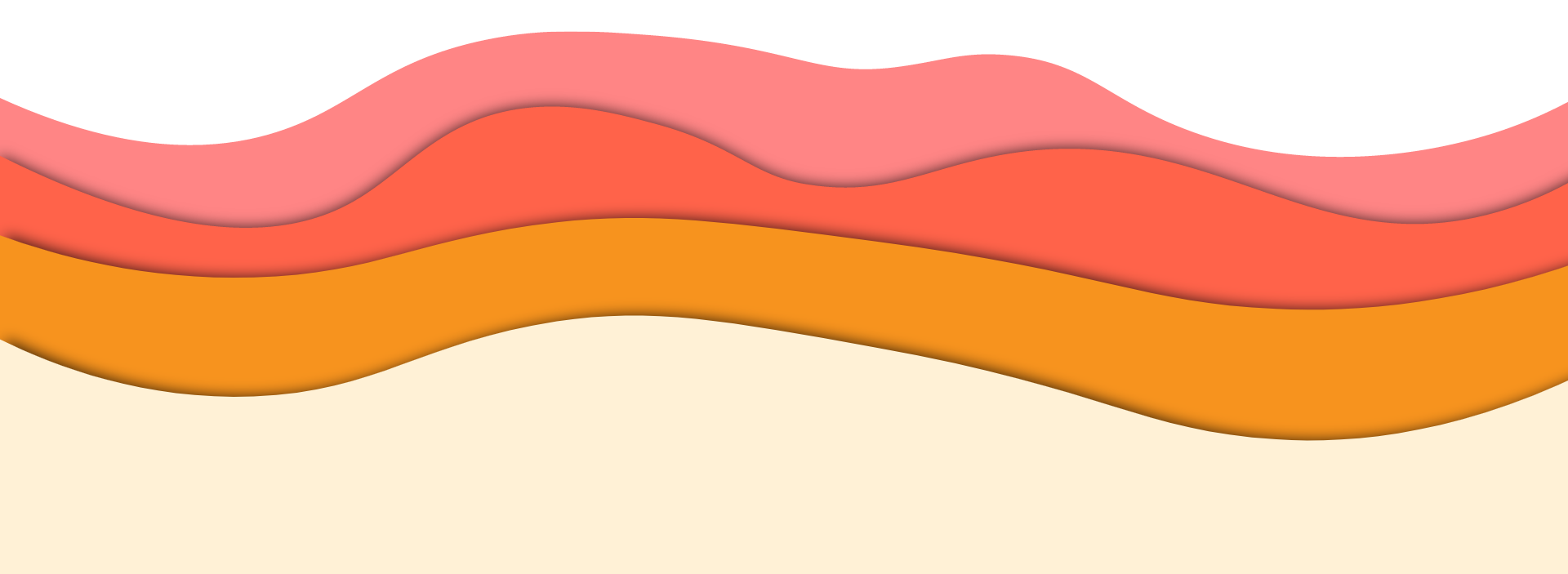An Overview of the Pericardium
The pericardium is a double-layered sac that surrounds and protects the heart, playing a crucial role in maintaining the heart’s position within the chest and reducing friction between the heart and surrounding structures as it beats.
This page covers the anatomy and function of the pericardium, various conditions affecting it, their seriousness, symptoms, causes, treatments, the role of heart scans in identifying these issues, and the importance of consulting a professional cardiac clinic for accurate diagnosis and effective treatment.
What is the Pericardium?
The pericardium consists of two distinct layers:
- Fibrous Pericardium: The tough outer layer anchoring the heart to the diaphragm, sternum, and surrounding tissues.
- Serous Pericardium: The inner layer that is further divided into:
- Parietal Layer: Lines the inner surface of the fibrous pericardium.
- Visceral Layer (Epicardium): Adheres closely to the heart muscle.
Between these layers is the pericardial cavity, which contains a small amount of lubricating fluid that minimises friction during heartbeats.
How serious are Pericardial Conditions? & Are there different types?
Pericardial conditions can range from mild to life-threatening, depending on the type and severity.
Key conditions include:
- Pericarditis: Inflammation of the pericardium, which can be acute or chronic.
- Pericardial Effusion: Accumulation of excess fluid in the pericardial cavity.
- Constrictive Pericarditis: Chronic inflammation leading to thickening and scarring of the pericardium, restricting heart movement.
- Cardiac Tamponade: A severe complication of pericardial effusion where excess fluid compresses the heart, impairing its ability to pump blood effectively.
Symptoms
Symptoms of pericardial conditions vary but often include:
- Chest Pain: Sharp or stabbing pain that may worsen with deep breathing or lying down, commonly associated with pericarditis.
- Shortness of Breath: Particularly with pericardial effusion or cardiac tamponade due to impaired heart function.
- Heart Palpitations: Irregular heartbeats can occur in response to inflammation or fluid buildup.
- Fatigue and Weakness: General malaise due to reduced cardiac efficiency.
- Swelling: In the legs or abdomen, indicating fluid retention and heart failure in severe cases.
- Low-Grade Fever: Common in inflammatory conditions like pericarditis.
Causes
The causes of pericardial conditions are varied and include:
- Infections: Viral infections (e.g., Coxsackievirus), bacterial infections (e.g., tuberculosis), and fungal infections can lead to pericarditis.
- Autoimmune Disorders: Conditions like lupus and rheumatoid arthritis can cause pericardial inflammation.
- Heart Attack: Damage to the heart muscle can trigger pericardial inflammation.
- Trauma: Injury to the chest can lead to pericardial effusion or inflammation.
- Cancer: Both primary tumours of the pericardium and metastatic cancer can cause pericardial effusion.
- Medical Procedures: Complications from heart surgery or radiation therapy.
Treatments
Treatment for pericardial conditions depends on the specific diagnosis and severity:
- Medications:
- Anti-inflammatory Drugs: NSAIDs (such as Ibuprofen) and colchicine for managing pericarditis.
- Antibiotics or Antifungals: For infections causing pericarditis or pericardial effusion.
- Corticosteroids: For severe or recurrent pericarditis, especially when autoimmune diseases are involved.
- Procedures:
- Pericardiocentesis: Draining excess fluid in cases of pericardial effusion or cardiac tamponade.
- Pericardiectomy: Surgical removal of the pericardium in severe cases of constrictive pericarditis.
- Monitoring and Supportive Care:
- Rest and Activity Modification: Essential during acute episodes of pericarditis.
- Close Monitoring: For signs of complications like cardiac tamponade.
The role of heart scans in identifying Pericardial Disease
Heart scans are critical in diagnosing pericardial conditions accurately:
- Echocardiogram: The primary tool for assessing pericardial effusion and cardiac tamponade. It visualises fluid accumulation and heart function.
- Electrocardiogram (ECG): Used to detect pericarditis. Pericarditis ECG findings include diffuse ST-segment elevation and PR-segment depression.
- Chest X-ray: Can show an enlarged heart silhouette if significant pericardial effusion is present.
- Cardiac MRI and CT: Provide detailed images of the pericardium, helping to diagnose conditions like constrictive pericarditis and pericardial tumours.
The importance of trusting a professional Cardiac Clinic
Consulting a professional cardiac clinic is crucial for managing pericardial conditions effectively.
The benefits include:
- Expertise: Cardiologists and cardiac surgeons have specialised knowledge and experience in diagnosing and treating pericardial diseases.
- Advanced Technology: Access to state-of-the-art diagnostic tools and treatment options ensures accurate assessment and effective intervention.
- Comprehensive Care: Multidisciplinary teams provide holistic care, addressing all aspects of a patient’s condition.
- Personalised Treatment Plans: Tailored to individual needs, ensuring the best possible outcomes.
- Ongoing Monitoring: Regular follow-ups and monitoring to detect and manage any recurrence or complications early.
For more information on our services, contact our helpful and friendly team today, or alternatively, you can book an appointment at one of our specialist clinics online now.
Conclusion
The pericardium is a vital structure that protects and supports the heart. The conditions affecting the pericardium, such as pericarditis, pericardial effusion, and constrictive pericarditis, can range from mild to life-threatening.
Understanding the symptoms, causes, and treatments of these conditions is crucial for effective management. Heart scans play a pivotal role in diagnosing pericardial issues, providing detailed images that guide treatment decisions.
Trusting a professional cardiac clinic ensures that patients receive the highest standard of care, benefiting from specialised expertise, advanced technology, comprehensive care, and personalised treatment plans. By seeking care from specialised professionals, patients can achieve better health outcomes and effectively manage the risks associated with pericardial conditions.

